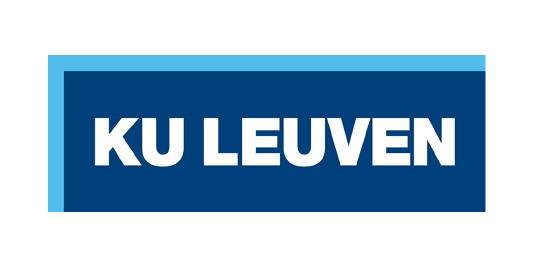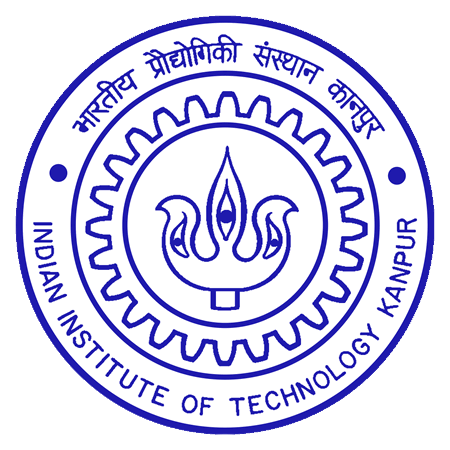Overview
- Project funded by SPARC.
- Project duration- March 2019 to March 2022
- Co PI: Prof Dipankar Chakrabarti and Prof. L. Behera
- Collaborators: Prof. William Detmold (MIT) and Prof. Phiala Shanahan (MIT)
Description
In this collaboration, we aim at developing and employing machine learning (ML) algorithms to address problems in lattice quantum chromodynamics (LQCD). QCD is the theory of strong interactions, and the standard perturbative quantum field theory approach cannot be applied to solve it. LQCD is currently the only non-perturbative tool with which to tackle QCD from first principles in a rigorous manner. It discretizes space and time on a 4D hypercubic lattice and uses path integral methods to calculate the expectation values of any observable in a completely non-perturbative framework. LQCD has produced many interesting and important results in QCD. However, it still faces many challenges, e.g., critical slowing down near phase transition point, as well as the sheer computational cost of realistic QCD with dynamical quarks. ML is a promising tool to handle these problems more efficiently, by eg., applying parametric regression and reducing autocorrelation length. We will work towards developing ML methods for various aspects of LQCD. We will look into the use of dynamical optimisation, reinforcement learning, adversarial networks and other such methods to enhance the efficiency of Monte-carlo algorithms. Other problems we would like to address are modelling correlated observables and estimating action parameters. Further, we will be developing ways to incorporate various symmetries into ML models to make the learning more efficient and effective. The goal is to make LQCD computations more efficient by developing ML tools for various aspects involved therein. This will benefit LQCD community in particular, and physics and ML communities more generally.
Publications
- Ankur Singha, Dipankar Chakrabarti, and Vipul Arora, “Generative learning for the problem of critical slowing down in lattice Gross-Neveu model”, in SciPost Physics Core, 2022.
- Japneet Singh, Mathias Scheurer, and Vipul Arora, “Conditional generative models for sampling and phase transition indication in spin systems”, in SciPost Physics, 2021.

